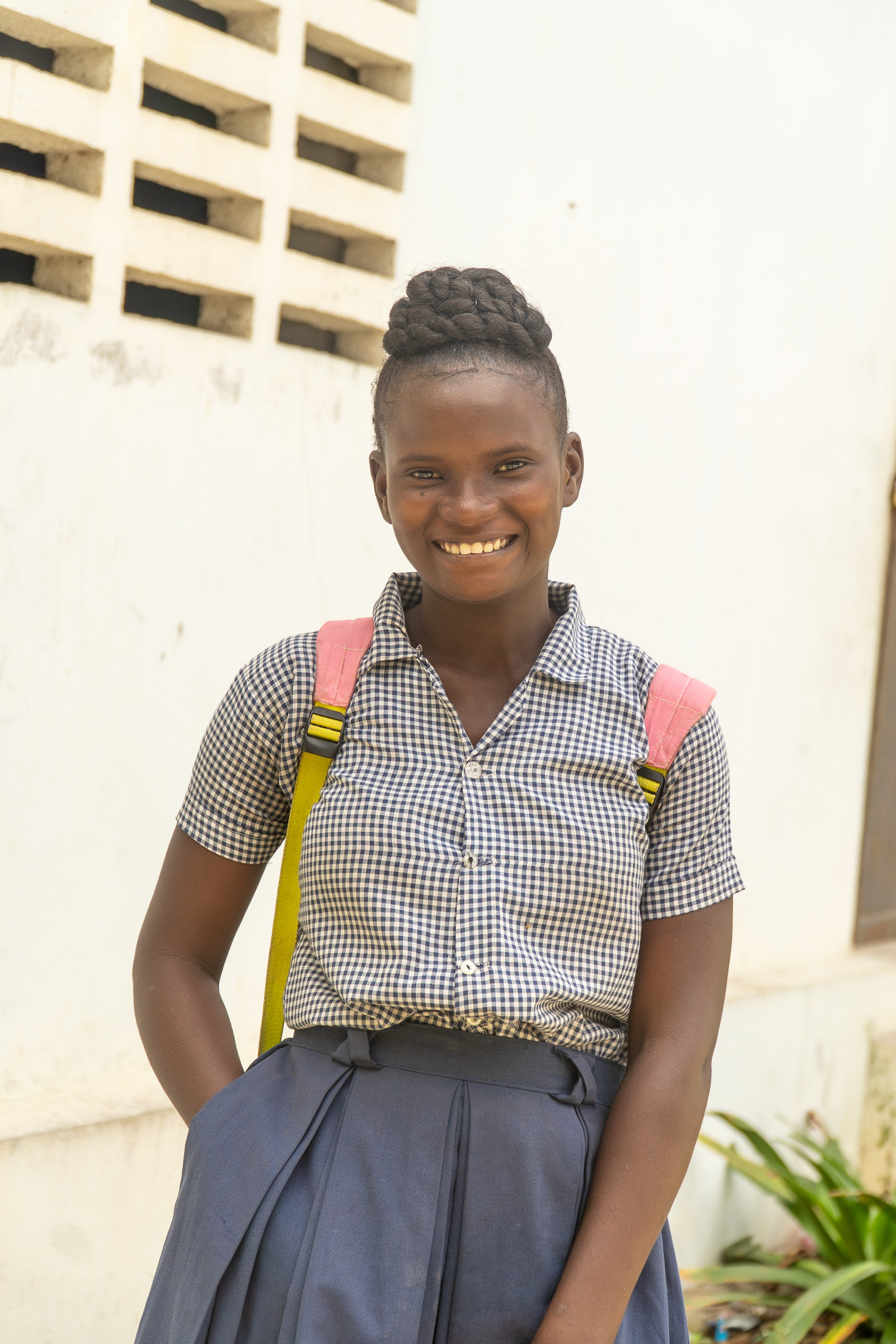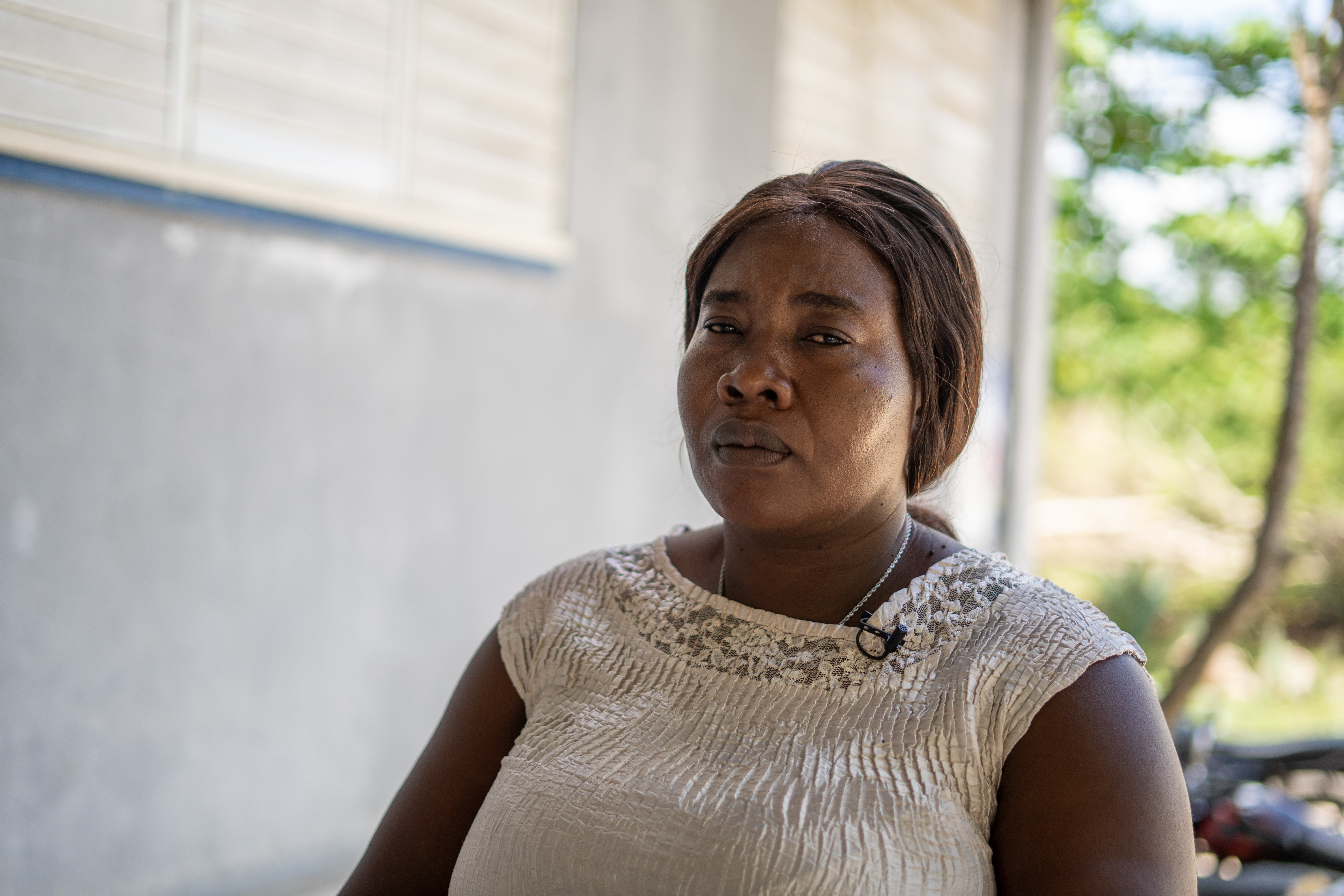Bringing joy back to school

Judette, a 15-year-old, attends school in Fort Liberté, Haiti. After an altercation with another student, she received a beating from school staff as punishment. “I felt really bad that I would come to school and get beaten. I told my mom that I wanted to leave the school,” she says.
In Haiti, children endure physical punishment at school despite it being outlawed since 1843. The country further prohibited the practice in 2001 by passing the Law Against Corporal Punishment of Children. Yet, many schools in the country still continue this practice in one form or another.
In certain schools, teachers may decide on the use of a whip for punishment at any time, without any form of direct intervention by relevant associations or the Government. Some teachers put pupils on their knees in the sun, pinch them with their fingernails, or pull their ears. Likewise, verbal violence is practiced in many classrooms. Children are often ridiculed by teachers when they don’t understand a lesson.

Training in positive discipline
Mrs Laurent Loudwige is a former teacher at Judette’s school and now serves as the school’s secretary. “I participated, along with other teachers, in a training organised by World Vision on positive discipline. In the training, we learned what positive discipline is, that it is a method of education that prohibits the use of violence while promoting positive behaviour.”
“Communication is key in helping the children to strive in school. Thanks to the training on positive discipline, I have learned new tools and techniques to help the children,” says Loudwige.

Following that training, Judette’s school issued a note to ban corporal punishment in the school.
“Using positive discipline has brought a lot of changes; I am able to bring help to other untrained teachers. Instead of whipping the student, we communicate to find the root of the problem and come up with solutions,” explains Loudwige.
But the changes have come with doubts from some teachers. “Many teachers think that in the absence of the whip their authority on the children is at stake,” says Loudwige, “but we are seeing good results in the behaviour of children so far.”
For the children, it’s been nothing but joy.
I feel overjoyed that the school decided to ban corporal punishment,” says Judette. “That doesn’t mean that I will not do my homework or study. But I feel better about myself and everybody.
At the national level, World Vision has partnered with relevant governmental ministries and child-focused agencies in Haiti to improve policies and reinforce policy implementation in order to tackle issues such as child abuse, child labour, child trafficking, and violence against children. Last year alone, more than 38,000 (including families, children, and Community-Based Organisations) were sensitised on positive discipline methodology. Sixty schools received trainings and banners to display in their schools to remind teachers and staff of the positive discipline messages.